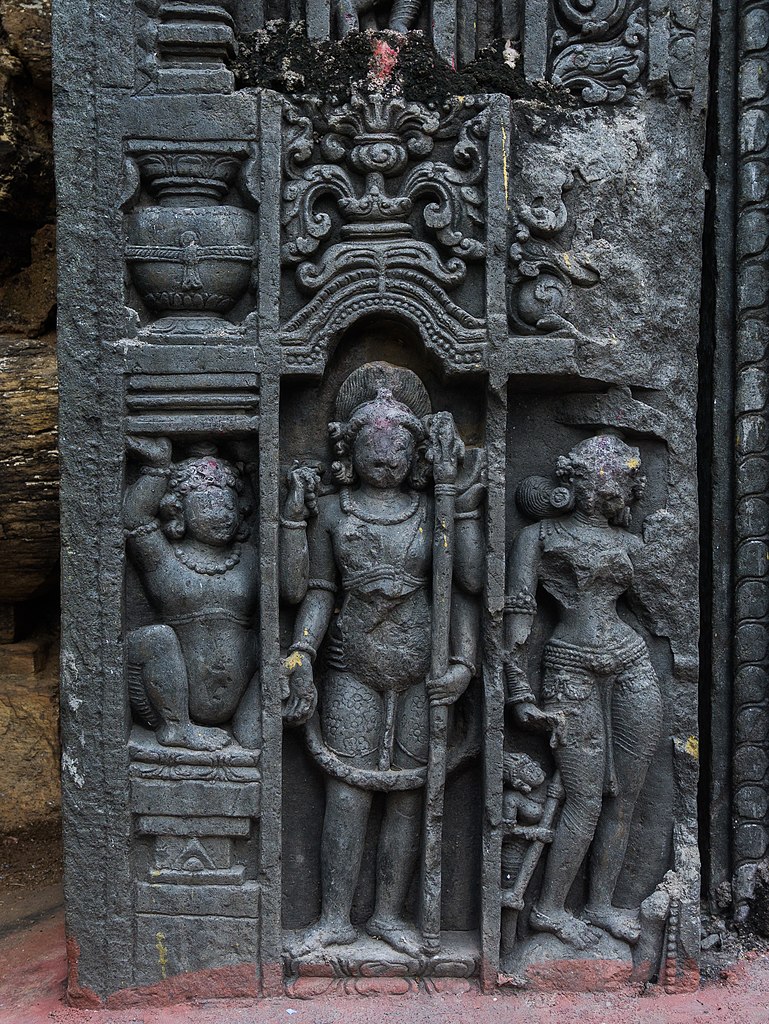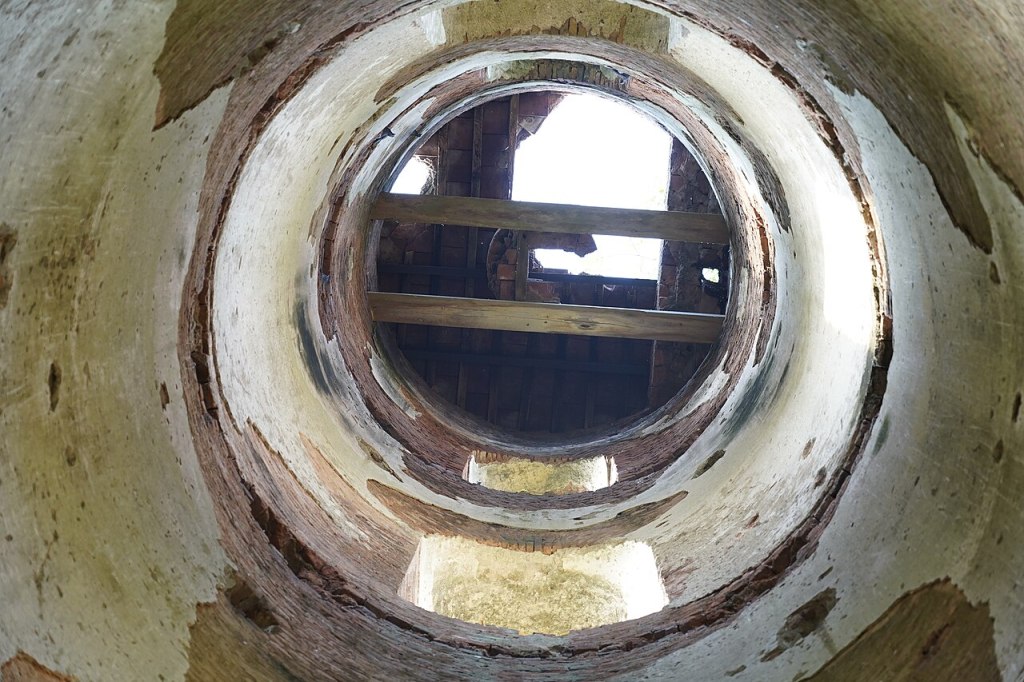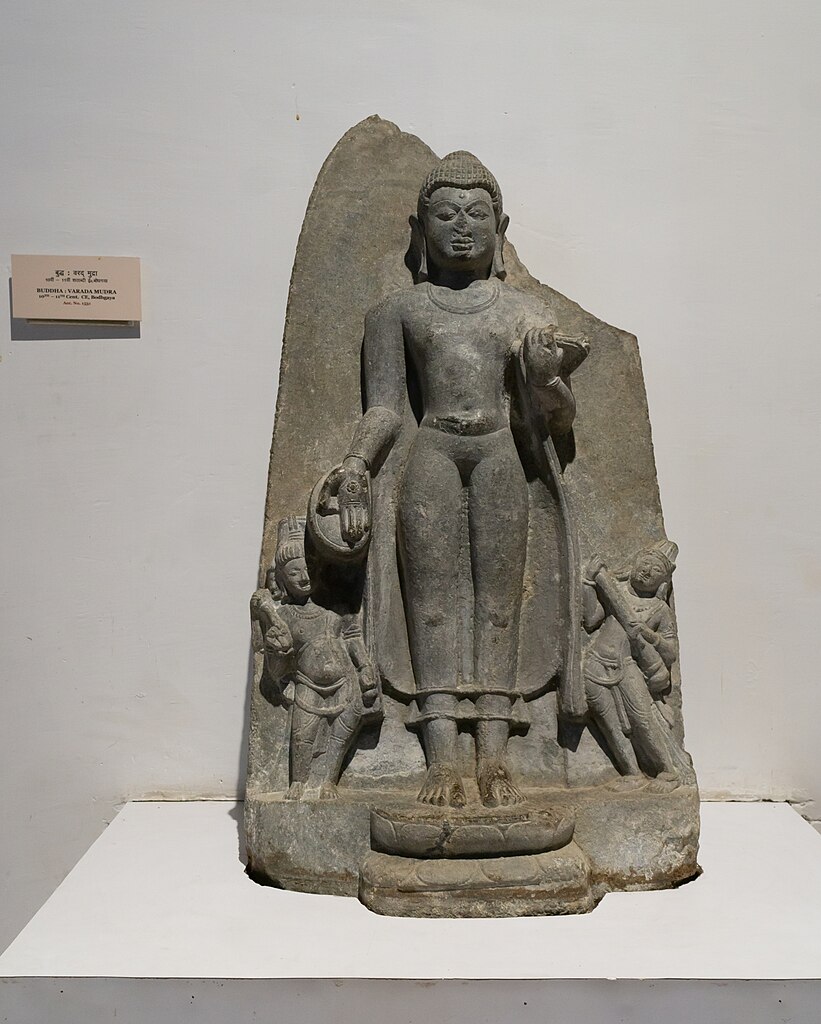The Wiki Exploration Program started from the need to document the lesser-known and rarely visited heritage sites in West Bengal and other parts of Eastern India. Many of these are located in remote areas, some on the verge of obliteration. With support from the West Bengal Wikimedians User Group, a group of local travel bloggers and heritage enthusiasts started documenting the sites in phases. In November 2017, the first phase was launched with an exploration program to Purulia. Since then, 29 explorations have been completed in the past seven years.

Video Documentation
Video documentation of the sites started in 2021. Drones were used to cover excavated mounds and Semaphore Towers. From 2023 an effort was put into video documenting all the sites covered during a program. Wiki Explores Darjeeling I and Wiki Explores Bihar II were two such explorations.

GLAM
Museums were a part of the exploration program from the beginning. But in the last one year efforts were made especially to cover them. In the Darjeeling and Kalimpong districts of West Bengal, and in Bihar, a total of 16 museums were covered. While most of the museums didn’t require prior written permission, The Himalayan Mountaineering Institute Museum in Darjeeling required one. The permission was arranged with the help of the West Bengal Wikimedians User Group.

You can learn more about the Wiki Exploration Program on Meta-wiki.

Can you help us translate this article?
In order for this article to reach as many people as possible we would like your help. Can you translate this article to get the message out?
Start translation